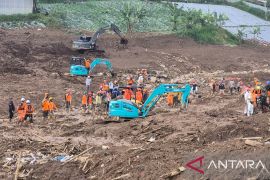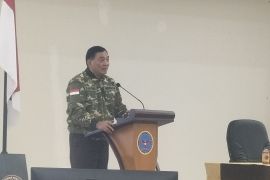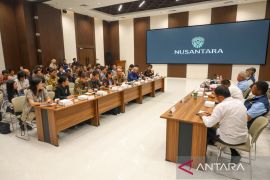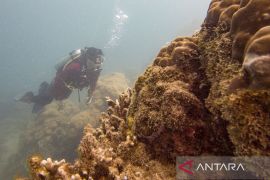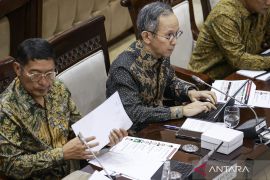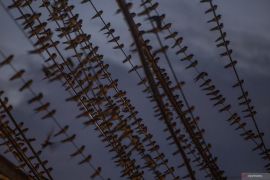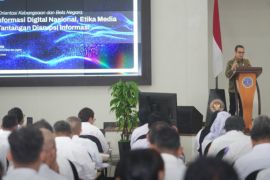"A memorandum of understanding signed between the government and Freeport in 2014 carried a clause that a contract could be extended at any time, which is now making it difficult for the government to conduct negotiations with Freeport," he stated here on Tuesday night (Dec. 1).
He pointed out that the issue of Freeports contract extension is actually more of a technical problem and is not in the form of a work contract but divestment.
According to Sudirman, an initial public offering (IPO) is the best way to absorb the divestment of Freeports 10.64 percent stake as it will ensure greater transparency and will be able to address problems related to the extension of the work contract.
However, Sudirman remarked that the IPO could be realized if the government did not take Freeports share.
The governments considerations in proceeding with the divestment is based on 11 aspirations of the local administrations and the people of Papua, including relocating Freeports headquarters to Papua, improving transportation infrastructure between districts in Papua, improving the construction business, necessitating Freeport to utilize banking services at Bank Papua, improving mining regulations, increasing contribution to the locals, raising corporate social responsibility fund, and rehabilitating environmental damage.
Sudirman noted that Freeport was currently awaiting a reply from the government on the extension of the contract, while affirming that the government had not given permission to Freeport to extend the contract.
In 2014, the government had guaranteed the extension of the contract before it expired as stipulated in the memorandum of understanding signed by the government of President Susilo Bambang Yudhoyono.
At the time, the Ministry of Energy and Mineral Resources stated that the decision was taken to offer certainty to foreign investors.
In addition, this guarantee urged Freeport to build a smelter, increase royalties, divest shares, use local labor and domestic products to 100 percent, and reduce the mining area from 212,950 hectares to 125 thousand hectares.(*)
Editor: Heru Purwanto
Copyright © ANTARA 2015


